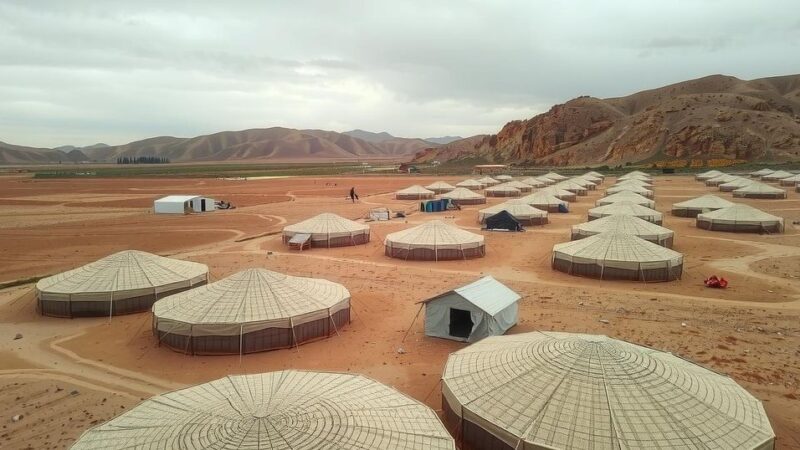The recent dissolution of USAID by the Trump administration impacts numerous countries dependent on U.S. foreign aid, especially in Africa. Key beneficiaries like Ethiopia and South Sudan face significant disruptions in healthcare programs due to halted funding. The broader geopolitical consequences may undermine decades of progress in health and development across various nations.
The U.S. Agency for International Development (USAID), recently targeted for dissolution by the administration led by Elon Musk under the Department of Government Efficiency (DOGE), has had significant impacts on countries reliant on U.S. foreign assistance. This initiative aims to minimize federal expenditure, yet it has elicited serious concerns regarding its humanitarian and geopolitical consequences, particularly in Africa where many nations depend heavily on this aid.
Countries like Ethiopia and the Democratic Republic of Congo were among the largest beneficiaries of U.S. assistance, receiving approximately $1.20 billion each in 2024, primarily for health-related initiatives including HIV/AIDS management. Other nations such as South Sudan, Somalia, and Nigeria also ranked highly in aid distribution, with vital healthcare programs at risk due to the abrupt funding cuts initiated by USAID’s discontinuation.
The cessation of funds has already led to significant operational disruptions within health clinics. For instance, in South Africa, organizations funded by USAID were mandated to suspend activities for 90 days, resulting in the closure of clinics and depriving patients of essential medical treatments. Such funding withdrawal risks reversing years of advancements in public health and disease management across the continent.
The ramifications of USAID funding withdrawal extend beyond Africa, significantly impacting nations globally such as Ukraine and Jordan, which also depended on U.S. support. In 2024, USAID allocated nearly $32.5 billion in humanitarian aid; halting this support threatens not only healthcare initiatives but also various development projects that foster stability and growth in affected regions.
The discontinuation of USAID funding poses serious threats to public health and stability in various countries, especially in Africa, where many depend on this assistance for critical healthcare programs. Key nations such as Ethiopia and South Sudan face disruptions that could undermine years of progress in combating diseases and supporting development. The broader implications of this funding withdrawal could destabilize many regions globally that are interlinked with U.S. foreign assistance.
Original Source: globalsouthworld.com






